Sealers? Which is best?
Susan Phillips
10 years ago
Related Stories
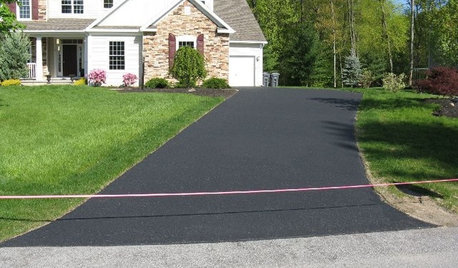
CURB APPEALHow to Reseal Your Asphalt Driveway
Protect your driveway and keep it looking great by applying new sealer every couple of years. Get the details here
Full Story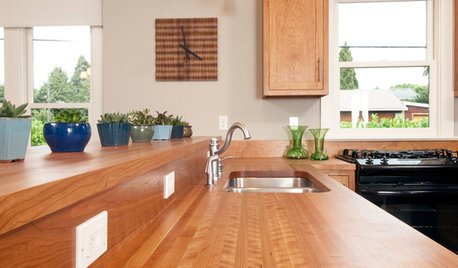
KITCHEN DESIGNWonderful Wood Countertops for Kitchen and Bath
Yes, you can enjoy beautifully warm wood counters near water sans worry (almost), with the right type of wood and sealer
Full Story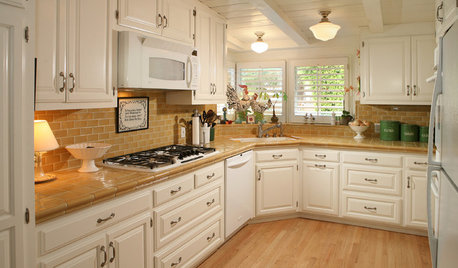
KITCHEN COUNTERTOPSKitchen Counters: Tile, the Choice for Affordable Durability
DIYers and budget-minded remodelers often look to this countertop material, which can last for decades with the right maintenance
Full Story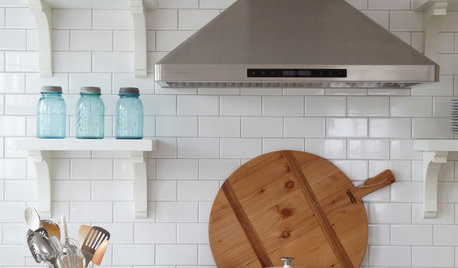
TILEHow to Choose the Right Tile Layout
Brick, stacked, mosaic and more — get to know the most popular tile layouts and see which one is best for your room
Full Story
MATERIALSKitchen Ideas: How to Choose the Perfect Backsplash
Backsplashes not only protect your walls, they also add color, pattern and texture. Find out which material is right for you
Full Story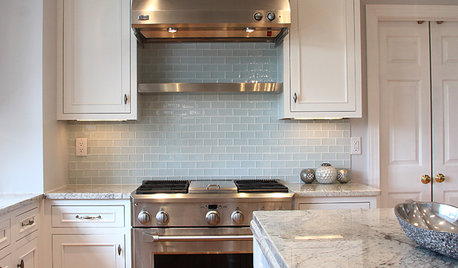
KITCHEN DESIGN5 Favorite Granites for Gorgeous Kitchen Countertops
See granite types from white to black in action, and learn which cabinet finishes and fixture materials pair best with each
Full Story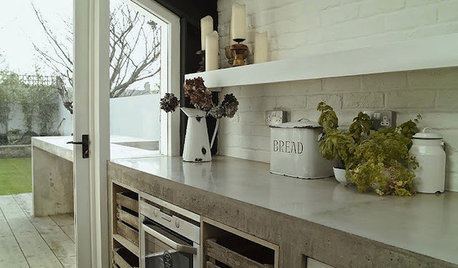
KITCHEN COUNTERTOPSKitchen Counters: Concrete, the Nearly Indestructible Option
Infinitely customizable and with an amazingly long life span, concrete countertops are an excellent option for any kitchen
Full Story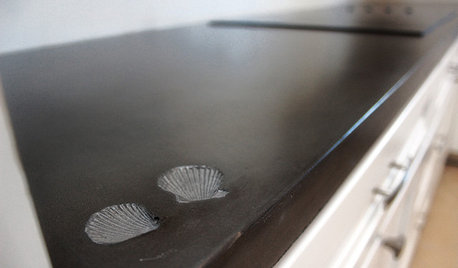
KITCHEN COUNTERTOPSElephants of the Kitchen? What to Know About Concrete Counters
Concrete countertops are beautiful, heavy and cool — and have their own peculiarities. And a lot in common with certain gray pachyderms
Full Story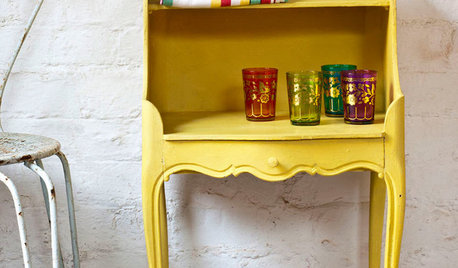
PAINTINGWhat to Know About Milk Paint and Chalk Paint — and How to Use Them
Learn the pros, cons, cost and more for these two easy-to-use paints that are great for giving furniture a vintage look
Full Story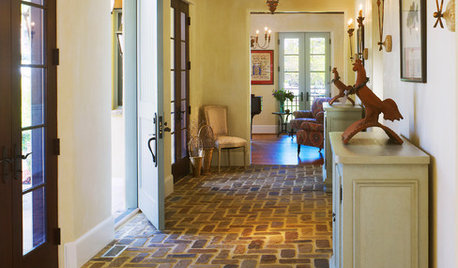
RUSTIC STYLEBrick Floors: Could This Durable Material Work for Your House?
You love the old-world look, but will you like the feel of it underfoot? Learn the pros and cons of interior brick flooring
Full Story








gpraceman55
Stoneshine
Related Professionals
San Jacinto Kitchen & Bathroom Designers · Woodlawn Kitchen & Bathroom Designers · Wood River Kitchen & Bathroom Remodelers · Chester Kitchen & Bathroom Remodelers · Cocoa Beach Kitchen & Bathroom Remodelers · Roselle Kitchen & Bathroom Remodelers · Alafaya Cabinets & Cabinetry · Burlington Cabinets & Cabinetry · Drexel Hill Cabinets & Cabinetry · Lackawanna Cabinets & Cabinetry · Palisades Park Cabinets & Cabinetry · Plymouth Cabinets & Cabinetry · Brookline Tile and Stone Contractors · Glassmanor Design-Build Firms · Shady Hills Design-Build FirmsGracie
rococogurl